As far as equipment that actually runs your website there is no more important thing than choosing the right web hosting. In fact, the wrong hosting can have you see periodic outages, parts of your website not to work, cost you lots of money, and even prevent your site from working at all.
So as you can see, it’s critical to choose the right hosting company. That’s why I put together this article to go over how to pick the right web hosting company in 10 easy steps.
But before I begin, let me explain what web hosting is. In order for every website to work, it has to physically house the website’s files, pages, and images somewhere. A web host is a company that basically house or keeps these files on a computer or server. So then when someone goes to your website address these files are located on this server and sent to your website visitor so they can see your website. So as you can see, you can’t have a website without a web server since you need a place to store all your files.
Now that we have that covered, let’s dive into the 5 easy steps to choosing a web hosting company.
- Dedicated server, shared hosting, or cloud hosting. There are 3 types of hosting environments you can choose from. One is called a dedicated server, which means your website is the only website on the entire server, it’s dedicated to you. Next is a shared server or hosting, which is a server that has other web hosting customers on it. And the third is a cloud hosting, which is a network of servers chained together sharing resources. These typically have a number of web hosting customer on them but you’re usually not limited by resources.
Now let’s go into the pros and cons.
Dedicated servers usually have a high number of resources and you don’t have to worry about anyone else on the server causing an issue with the server. So your website typically has a faster load time. But is limited to whatever the max resources are for the server.
Shared servers have a defined limit on resources typically much less than a dedicated server. But the cost is usually considerably less. Although if one of the other web hosting customers does something wrong it can bog down the server and result in problems for your website.
Cloud hosting usually has almost unlimited resources that can be scaled up and down. And like the shared servers your on servers with other web hosting companies. But typically since the resources are spread out over many servers you don’t typically see a problem when these other web hosting clients do something wrong. And for costs, you usually only pay for the exact resources you use.
So as you can see each type of hosting has its positives and negatives. For a small website, you’ll usually want to stick with a shared server. And then for larger websites or websites that are critically they don’t go down or have issues, you’ll want to choose a dedicated server or cloud hosting.
If your website sees a lot of traffic, I would suggest a cloud server so that you can gracefully handle large spikes in traffic without incurring the cost of paying for that usage unless it’s actually used.
Now with that, there is one other type of hosting and it’s specialty hosting. These are web hosting platforms set up just for special types of website in mind. For example WordPress hosting. If you’re not familiar with WordPress it’s a website framework and blogging platform. If you have one of these types of sites, it’s best to use a specialty because the hosting servers are set up more run more efficiently than any other type of hosting. If you’re interested in WordPress hosting, we have our own WordPress specialty hosting platform. Use the free evaluation linked at the bottom of this article to signing up with our hosting, or to answer your web hosting questions. And here at Gallagher Website Design will go over all of your questions in detail. - Speed. This is how fast your website will load on the hosting platform. It’s important to check a web hosting and compare them to other companies to get an idea on how fast your website will run on their system.
- Number of websites. If you have more than one website, then it’s important to check how many websites you can run on one hosting account. There is one gotcha with this, and that is some web hosting providers allow you to add more than one domain name to your account but that doesn’t actually mean you can have more than one website. You need to get the specific on this and see if it’s more than one totally different website you can run on their hosting.
- Uptime. This is a super important stat check with your prospective web hosting company. Uptime is the hosting company’s guarantee for how much time your website will be online per month, or how much downtime it will see. At a minimum, you want a company that can do 99% uptime. Meaning they guarantee the website will be online 99% of the time for a whole month. And a quick note, it’s debatable if any company can guarantee 100% uptime. But if for some reason your website does go down due to the hosting company itself, then you usually get a credit for that downtime towards your next month’s hosting.
- Languages installed. This one is critical. The web hosting should support whatever programming languages your website is written in. You’ll want to check with your website developer to find out the programming languages.
- Enough memory. Having enough memory is also critical. Without enough memory, some websites and website frameworks won’t be able to run. Check with your web developer as to how much memory is required to run your website. The average website comfortably can run on about 1-2 GB of memory.
- Enough bandwidth. Bandwidth related to how much traffic your website can have. Bandwidth is the measure of the number of files (or their size) that can be sent or transmitted to a website visitor. Every time a visitor comes to your website, the web page they are viewing and all files associated with it, including images, are sent over the Internet to that person’s computer which then shows up on their computer so they can see your web page. When you’re clearing your Internet files, this is the data your clearing or deleting on your computer.
- Security. Find out what type of security the hosting will have is important. No matter what type of website you have if it can be found someone will try to hack it. I would wager to bet most websites get at least a hacker or two a day try to do something to their website every day. So having airtight security is critical.
- Backups. Having backups not only provides peace of mind but it’s also a necessity if you want to be able to recover from a hacker’s attack. You should check not only if the hosting company does backups but how you can access the backups, how often they are done, and how a backup can be applied. These are all super important questions to ask. You want to be able to access the backups anytime you like and download a backup. Your site should be backed up daily. And you should be able to apply a backup any time you link with a few clicks. Be warned some companies will charge you for doing all these steps. So find out first.
- Cost. With all the above points in mind, the last point to compare is the price. But make sure you’re comparing apples to apples.
If you need help with any of these above points, take advantage of our free evaluation by using the link below.

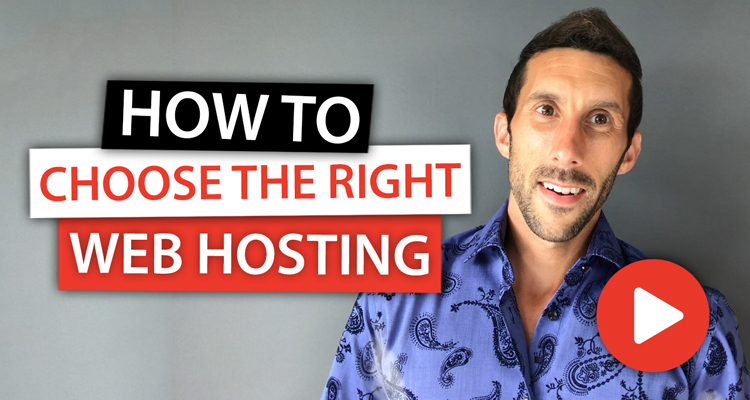
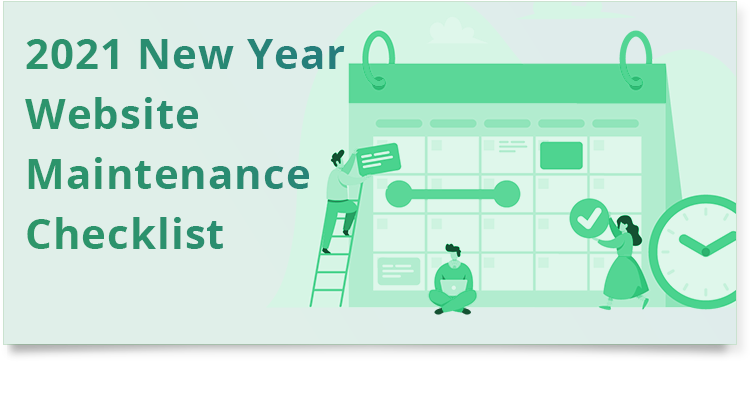

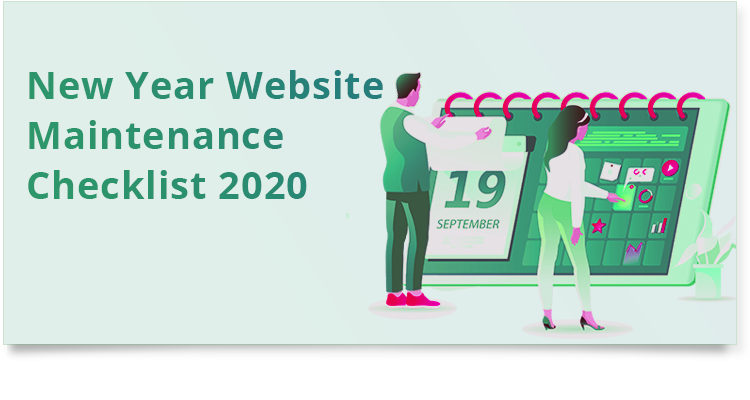
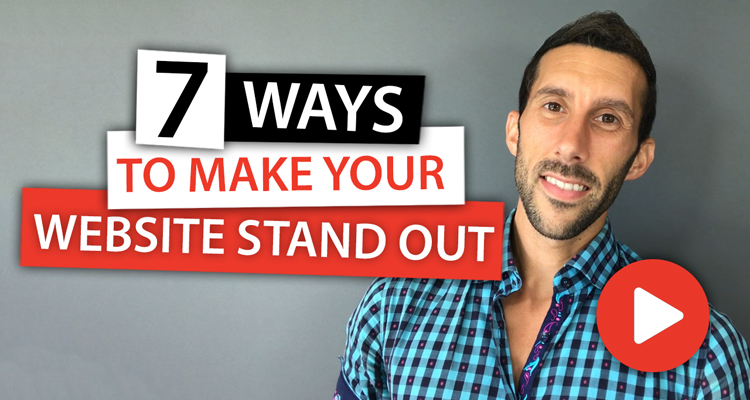
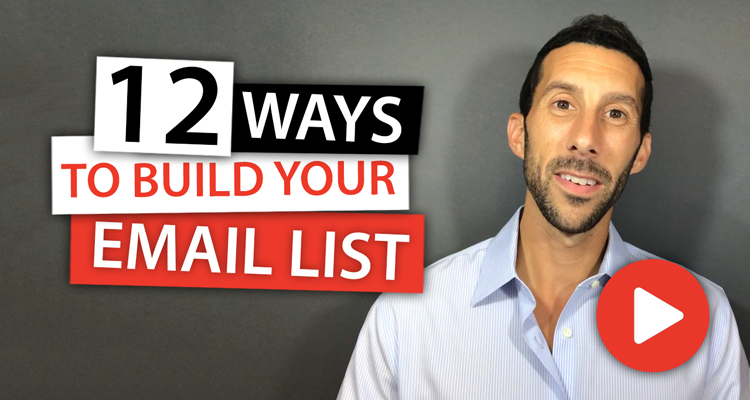
0 Comments